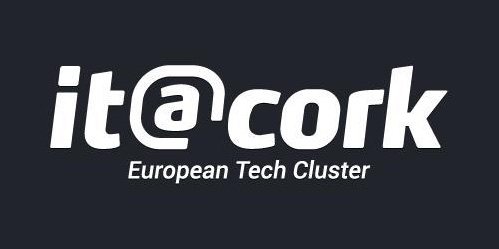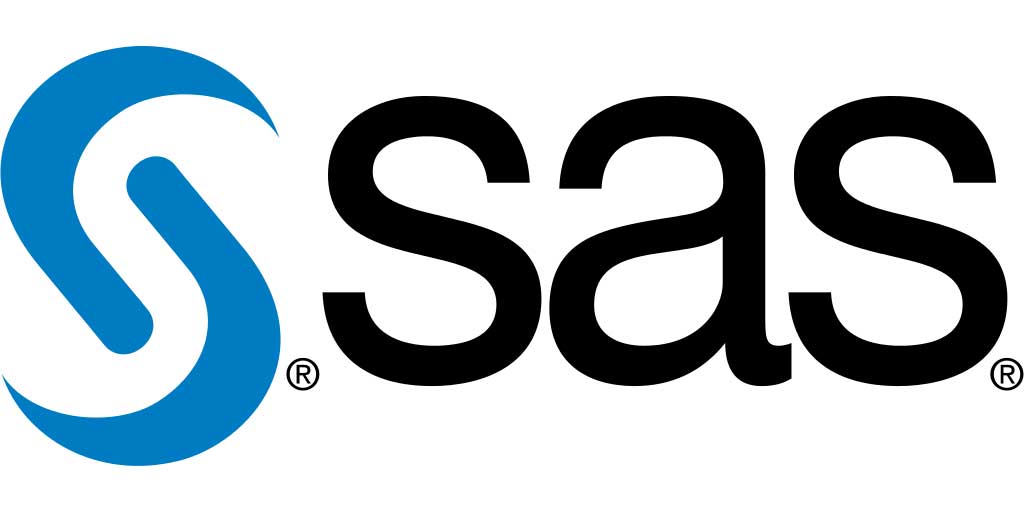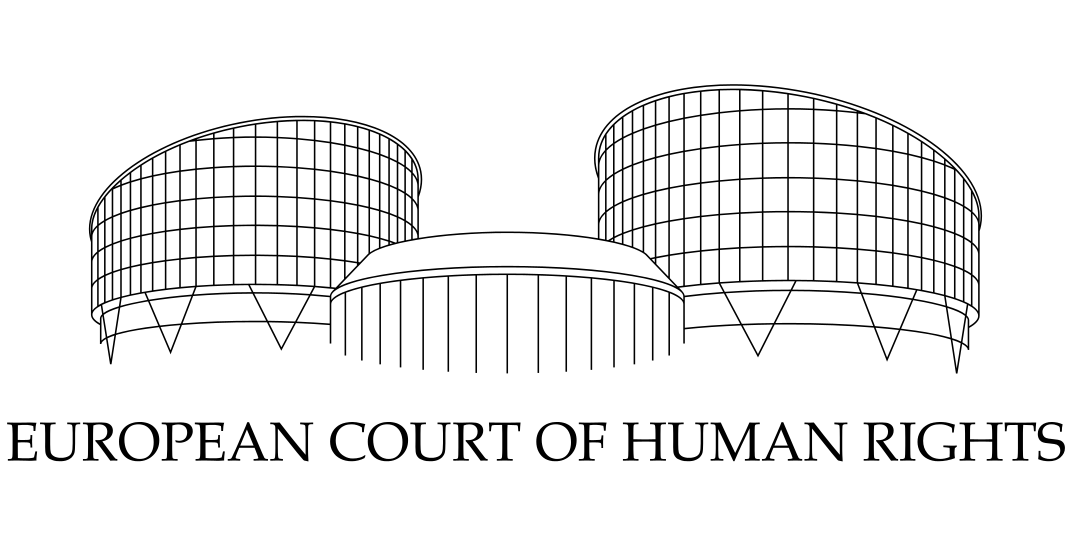- Website Terms and Conditions
- Software Licence Agreements
- Software Maintenance Agreements
- Confidentiality/Non-Disclosure
- Copyright
- Trade Marks
- Reseller Agreements
- Development Agreements
- Internet Use Policies
- Data Protection
- IP/IT Due Diligence
There has been a huge growth in the variety and volume of goods and services which are available on-line and, almost inevitably, the amount of legislation governing it has also increased.
There are two distinct types of legislation that affect all on-line sellers (bar a small number of exceptions). Firstly, the traditional consumer protection regulations which are well established and many in number and secondly, those regulations designed specifically to deal with problems and issues facing on-line sellers.
It is the second limb that is the one that is the relative ‘new kid on the block’, and it is worth noting that these regulations were introduced in order to (largely) protect consumers’ rights when they buy products over the internet or by telephone (i.e. in a non face-to-face environment). Businesses covered by the regulations (which will cover most retailers selling on line) must adopt terms and conditions of sale and have certain procedures in place that comply with the regulations or be at risk of breaking the law.
Software is an intangible asset that is (in the main) protected by way of copyright. The owner has the right to allow or prohibit copying and can use a number of means of commercially exploiting the work. From a user’s point of view, it is therefore virtually impossible (there are lawful exceptions) to use software legitimately without infringing the owners copyright.
However, that said, in the ‘real world’ one is best advised to not simply rely on enforcing copyright in order to protect one’s rights, especially if the software is going to be used in a foreign jurisdiction and therefore the owner will normally grant the user a licence (permission) to use the software.
As we act for both owners and users on any given week, we are well placed to advise what each party should be looking out for in terms of the negotiation of a software licence.
Software will break down sooner rather than later and this should be expected in what is a complex dimension – what should not be expected however, is that a business will be non-operational for an extended period of time whilst that problem is being fixed!
If your business licenses software (and most do) do you know how long it will take to fix (and not just respond to the telephone call) it in the event the system fails to operate? If you are the software owner or licensee have you fully protected your intellectual property and revenue stream? How are you operating your fixes? What happens if you cannot fix it? We can assist in drafting and negotiating your agreement in order to best protect your business, whether you are the owner or the user.
A confidentiality agreement (sometimes called an NDA) is a legally binding agreement between two or more parties wishing to disclose and/or receive confidential information. The purpose of such an agreement is to prevent the receiving party or parties from using or disclosing the confidential information for any purpose other than explicitly stated in the agreement for a defined period of time.
A well drafted confidentiality agreement is essential when one wishes to disclose to interested parties information which is commercially or technically sensitive and which is not in the public domain. Confidential information disclosed in these circumstances cannot be used for any purpose other than the defined purpose in the agreement without the prior written permission of the disclosing party.
Copyright and Design protect the physical form of literary, dramatic, musical and artistic endeavour. It is a large area of law and can be used in many areas to protect and exploit intellectual property.
For example, if an employee creates a software program whilst working at an IT business, who will own it? What if the employee works at a picture framing business but creates software in his/her spare time? Who owns it then? What about that contractor that a company hires to write and design its new website? Which party will automatically own the website and the domain name? In a joint venture operation, if one party is providing the finance and the other the ‘know-how’ or other intellectual property, which party will own that intellectual property or any intellectual property that is developed out of the joint venture?
We can provide the answers to these and other practical problems and issues before they arise leaving the client free to get on with the business in hand.
Trade marks protect names in the course of trade and in the supply of services. They were originally developed (the first Trade Mark act was introduced in 1875) in order to protect the goodwill generated by one party in his/her trade from being exploited by another party, by that other party pretending that theirs were the same goods.
We can advise on the protection and exploitation of trade marks and brands whether they be registered or unregistered (actionable by the tort of ‘passing-off’) to include advice on domain names as well as Business Names. We have come across it time and time again where a business idea is put into operation having taken:
- a company name (call it ‘Quick Flicks’);
- a business name;
- a domain name.
Yet having built the new business around this name and advertised the same, the company runs into problems the very first month in trading by receiving a ‘Cease and Desist Letter’ from the holder of a registered trademark of ‘Quick Flicks’ or a name similar, and selling the same or similar goods and services. In such cases we could have easily protected the business owner from this problem, and, provided advice generally on how to cement their position.
Also, because we think commercially, we advise the business to ‘put their house in order’ at an early stage in order to create a solid base to protect and exploit its intellectual property as well as create a more attractive and valuable business if the owners ever decide to sell it. After all, we know what any potential purchasers’ Due Diligence solicitors will be looking for.
Sometimes, it just makes sense to have someone else sell the software. The core element of this strategy would be to have in place at the outset a clear reseller agreement that sets out key areas between the parties such as whether the arrangement will be exclusive or non-exclusive, the territory that the reseller may sell in, terms of payment, ownership of intellectual property, technical support, a clearly drafted end user licence, the term of the agreement and importantly (but often not dealt with) how the agreement may be terminated.
We have experience of dealing with both sides of the relationship and if you are the seller we can best advise you on the above aspects if you are presented with such an agreement.
In order to gain the huge benefits of having a website, a business would be well advised to pay great attention to its creation, structure and design in order to ensure that it operates effectively. In the ‘old days’ it was common for a business to have a tech-savvy friend or acquaintance design and build their business website, but as websites and the business arena have become more and more sophisticated and there is greater awareness of the business benefits of having a professional website, it is more common that such work is outsourced to full-time developers. These developers may then also provide other services such as domain name management, site maintenance as well as web analytic services and an effective site content management system.
If you are a website developer we can provide you with a website development agreement to use with your clients, and if you are purchasing a website we can advise you on what to look out for if presented with such an agreement.
The terms of such an agreement will normally deal with the scope of what is being provided, the timing, features and content, obligations of the parties as well as ownership of intellectual property contained within the website. There is no doubt that a well-drafted agreement will be of great benefit to both sides in terms of starting the project off on the correct footing in order to avoid any later misunderstandings.
A large percentage of employers grant relatively free access to internet and email facilities to their employees but possibly without a full realisation of the dangers that can lie in such an approach.
Employers should be aware that they are responsible for the actions of their employees whilst using such technology, which can include:
- harassment or bullying of other employees leading to an expensive constructive dismissal claim being brought against the business;
- defamation of third parties e.g. through social networking sites;
- employees inadvertently entering into third party contracts e.g. salespeople;
- employees downloading inappropriate content;
- employees downloading viruses as well as attracting unwelcome SPAM to the employer’s server system by signing up to various groups using a work email address;
- breaching third party intellectual property rights;
- time wasting.
We can provide employers with a simple but effective email and internet use policy, and advice on how to put it in place so that it not only protects the employer legally but also commercially.
The purpose of data protection legislation is to ensure that personal data is not processed without the knowledge and, except in certain cases, the consent of the data subject.
The legislation protects against most uses of collected information and therefore one may need consent before certain information is collected and processed (especially if is is deemed to be ‘sensitive’ personal information). Compliance with the Data Commissioner is madatory if you do handle personal information (on or off-line) and non-compliance can lead to criminal prosecution and fines as well as the attendant bad publicity. If you as a business carry out direct maketing transactions on the internet then the data protection legislation also applies if you are ‘established’ in Ireland.
Note also that in addition to the data protection legislation there is also the Electronic Communications Regulations 2003 which are concerned with direct marketing activities such as (and particularly) unsolicited emails, faxes or telephone calls (live or automated).
Note also that if you sell on-line then there is also the Electronic Commerce Relgulations 2003 which deals with electronic commerce carried out at a distance i.e. in a non face-to-face sale.
We can assist you with practical advice in finding the right course for your business through what is a wide ranging and increasingly complex area of the law.
If a business or company owner is proposing to either sell or purchase a business, or a third party is proposing to invest in a business or company and a good portion of the assets of the business being sold comprise of intellectual property (such as software or a brand name) then it makes good commercial sense to see if the intellectual property that is being purchased is actually owned or properly licensed by the seller.
If you are the seller we can provide you with an executive-style report that essentially ‘puts your house in order’ before any potential sale thereby protecting your sale price.
- identifying current intellectual property;
- identifying ownership of it;
- review all ‘licences in and licences out’;
- tying the results of the above into the sale and purchase documentation in order to best protect the client depending on whether you are the purchaser or the buyer.
On the other hand, if you are the purchaser or investor we can provide you with such a report in order to assist in the downward negotiation of the sale price or, if there is sufficient concern, with the information required to simply ‘walk away’ from the deal before any further costs are incurred.
We can also provide you with a more detailed report that would cover current and potential litigation, commercial contracts, real property, employee contracts and corporate matters.








